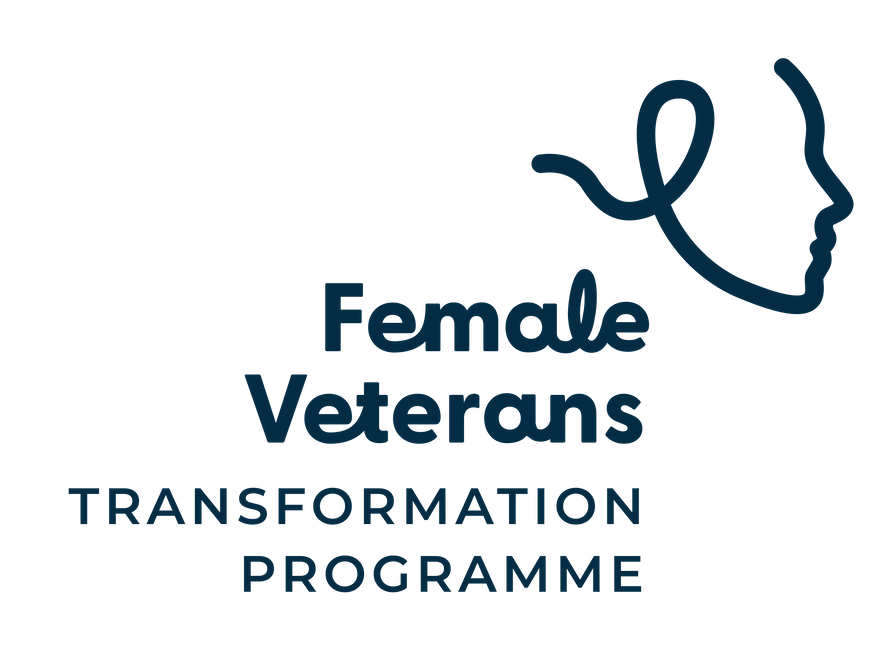Spotlight on Scotland
The first thematic report of the Scottish Veterans Commissioner (SVC), Susie Hamilton, was published in January 2024. Community and Relationships – Anything But Uniform puts the spotlight on those whose voices are less often heard in the military community including women veterans, the LGBT+ community, families, the bereaved, and non-UK veterans. Following extensive engagement involving hundreds of veterans and their families, along with service providers from the statutory and charity sectors, the Commissioner found that while things are slowly improving, work has still to be done to ensure their experiences, needs and circumstances are not overlooked.
The Commissioner, who is a former Royal Navy Officer, noted that, just like the whole of society, our veterans reflect different genders, cultures, religions, backgrounds, sexual orientations and life experiences. That means that their needs – and the support and services that they and their families might call upon – will be individual to them and their circumstances. To deliver the best possible support, service providers must recognise and understand that diversity and respond sensitively and appropriately. Her work found that while there has undoubtedly been progress in statutory provision for veterans in Scotland, some parts of the community have not been so well supported. This includes those LGBT+ veterans and women veterans who have had very negative experiences while serving. These experiences may have continued to affect them in their civilian lives and in their approach to accessing support when needed.
The report found that while many women veterans have had fulfilling careers, providing them with extraordinary opportunities and experiences that they would not have had access to in civilian life, some of the 70 women interviewed said their experience in the armed forces was far less positive. They suffered discrimination, sexual harassment and incidences of sexual assault, many of which were not reported at the time, or if reported were not taken seriously, which has had a significant impact on the wellbeing of the women involved. The Commissioner found that many women veterans feel unseen in both the veteran community and wider society and said they felt veterans’ services are for men and ‘not for them’. The imagery and language used by some organisations and services are not inclusive, with women being literally ‘invisible. This creates a barrier to accessing services. There was also a lack of awareness among women veterans of the breadth of services and support available to them. Disappointingly, some who had accessed services and support had experienced negative gender stereotyping and discriminatory behaviour. Some of the women veterans found that transition activities for leavers were focused on men in terms of types of careers promoted and the training available.
In addition to the key recommendations made to the Scottish Government in report, the Commissioner suggests that the following would improve support for women veterans in Scotland :
Training should be developed for staff working within healthcare services and veteran support services to raise awareness of women’s roles and contributions to military Service, including the impact of exposure to combat.
Civilian sexual assault services in Scotland must be aware that Service personnel and veterans may be among their users. Staff should be sufficiently informed about the specific experience of sexual violence in the military to enable them to provide an effective support service. NHS Scotland Sexual Assault Response Co-ordination Services (SARCS) should be more widely promoted to Service personnel and veterans, particularly in areas around main military bases in Scotland.
SARCS could consider learning from services already operating in other parts of the UK. For example, an NHS England pilot programme to improve uptake and awareness of sexual assault around the Catterick Garrison area.


